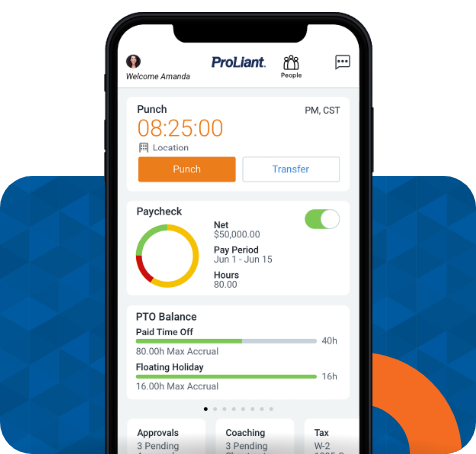Welcome to the second part of our 6-part blog series on new & recent tax news. We are continuing this week with aspects of the Tax Cuts and Jobs Act. Last time, we touched on the way that the Act will affect W-4 filing in various locations. We're continuing below by discussing the impact to fringe benefits. Enjoy!
The Tax Cuts and Jobs Act (TCJA) of 2017 includes two provisions that effect the payroll tax treatment of fringe benefits, which can then in turn effect state taxability for income tax, income tax withholding, unemployment insurance, and more. For states that automatically conform to the Internal Revenue Code, IRC, the impact on these taxes will be immediate though are expected to change overtime as other state legislatures choose to conform to the federal provisions.
The two state taxability provisions you should be aware of are:
Bicycle commuting benefits: “Bicycle commuting benefits under IRC 132(f) received by employees on and after January 1, 2018, and through December 31, 2025, are included in wages subject to FIT, FITW, FICA and FUTA. (TCJA §11047.)” (EY's Employment Tax, 2018)
Moving Expenses: “Reimbursements for moving expenses made to employees or paid directly to third parties on and after January 1, 2018, and through December 31, 2025, are included in wages subject to FIT, FITW, FICA and FUTA. An exception to this provision applies to members of the Armed Forces on active duty moving pursuant to a military order and incident to a permanent change of station. (TCJA §11048.)” (EY's Employment Tax, 2018)
Also effective Jan. 2018 the TCJA has lowered, or completely removed, a business deduction for several fringe benefits and worth related expenses. Businesses may choose to respond to these changes by including the below listed expenses in federal taxable wages. However, they should be aware of their state’s conformity to the IRC as the rules and regulations are different based on their choice to cooperate.
The following business deductions are being reduced, or removed, under the TCJA and their effective dates:
De minimis meals: 100% deduction lowered to 50%; Jan. 1, 2018
Eating facilities – meals for employer’s convenience: 100% deduction lowered to 50%; Jan. 1, 2018
Eating facilities – meals for employer’s convenience: 50% deduction lowered to 0%; Jan. 1, 2026
Entertainment expenses – 50% deduction lowered to 0%; Jan. 1, 2018
Executive compensation – “Various changes limiting the deduction for executive compensation”; Jan. 1, 2018
Settlements for sexual harassment and related legal fees if nondisclosure is part of the agreement – 100% deduction lowered to 0%; Dec. 23, 2017
Transportation fringe benefits (parking, van pools, transit passes) – 100% deduction lowered to 0%; Jan. 1, 2018
As the TCJA begins its implementation across the country, make sure your payroll and employee information reflects these changes. Contact your payroll account manager and find out what they are doing to ensure a smooth transition for your company and employees.
You can find more information about these taxability provisions HERE and HERE
Bibliography
EY's Employment Tax. (2018, January 9). Significant payroll changes are expected as states consider conformity with the Tax Cuts and Jobs Act of 2017. Retrieved from EY Payroll NewsFlash Workforce Advisory Services.








No Comments Yet
Let us know what you think